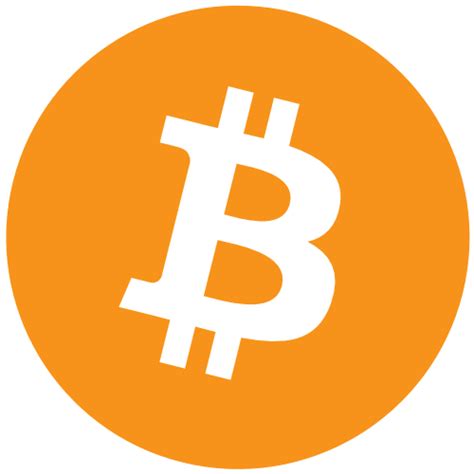The wallet is nothing more than a computer program you install on your device (desktop, tablet, mobile).
Like a bankaccount, every wallet gets a unique number (or key to be more precise) assigned to it. This key is a long phrase of numbers 0 to 9 and characters A to F.
- You NEVER share this key with anyone,
- You keep a hard copy of it in a safe spot,
- You need this key in case you need to recover your wallet.
There is no register that holds the key and the person it belongs to.
Losing your key will make it impossible to restore your wallet.
Some wallets will use a recover phrase of 12 or 24 random words. Be sure to put a hard copy of those words in a safe place.
Why would you want to restore your wallet?
- Device crashes
- Device lost
- Device change
So what is the use of this key, if you can't share that key with anyone?
This key is used to generate wallet receive/send addresses.
The interface of the wallet will have a 'Send Money' and 'Receive Money' button or tab.
When you click the 'Receive Money' button you will be presented with a QR-code and a text representation of the generated receive address.
This generated receive address (or public key) can be shared with other people.
Let's say you want to buy some Bitcoins using your credit card.
- You find a seller online,
- Enter the amount of dollars you want to spend
(or the number of Bitcoins you want to buy),
- Enter the generated receive address,
- Finalize the purchase,
- After some time the number of Bitcoins you bought, will show up in your wallet.
Before finalizing the purchase, check and double check the receive address. Sending money to the wrong address will mean you lose your Bitcoins.
Why does it take some time, and sometimes a pretty long time, before the Bitcoins show up in my wallet?
Before the transaction goes through, the transactoin needs to be validated by a certain number of computers on the Bitcoinsystem. The Bitcoinsystem is a busy network, a lot of transactions take place and all need to be validated.
Next post will be about [installing the wallet](https://steemit.com/bitcoins/@ijmmai/bitcoins-explained-for-non-techies-4).

 hiveblocks
hiveblocks